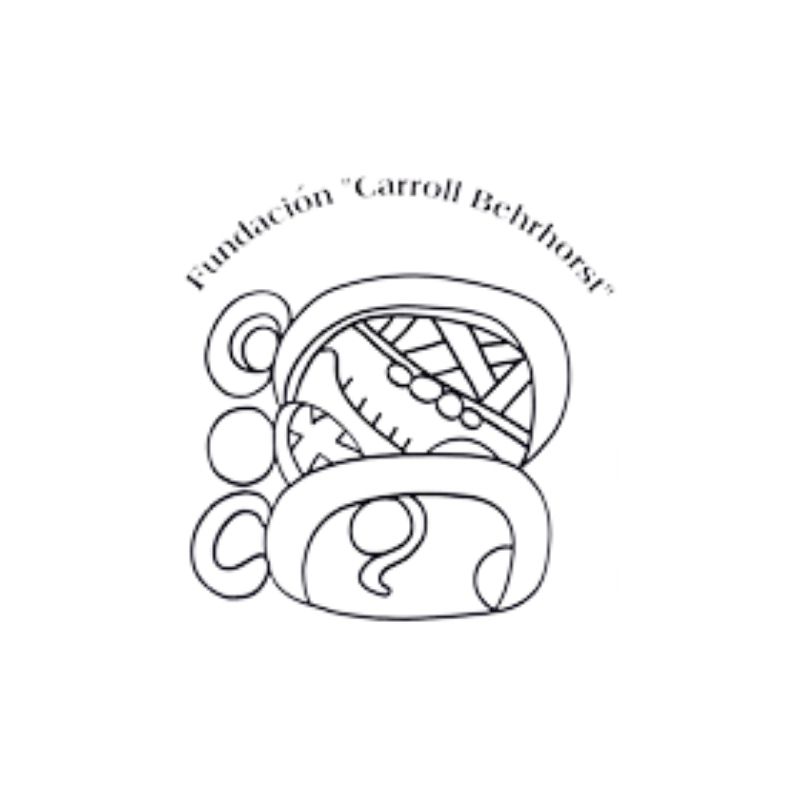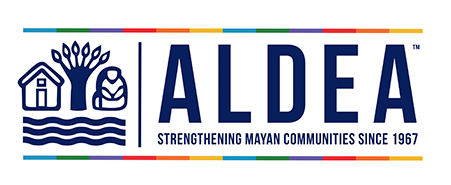
Guatemalan ownership of the Chimaltenango program is assured through the incorporation of the Carroll Behrhorst Guatemalan Development Foundation (BFG).
Even in the darkest days of La Violencia, Doc’s long-held vision of the Chimaltenango Program being owned and operated by Guatemalans rather than North Americans took a step towards realization. In 1980, 24 people signed on as founders of the Guatemalan entity. By their articles of incorporation, the program, its policies, the properties, the financial management – the whole entity – became their responsibility. The founders became the first General Assembly, and from this assembly, a board of directors was elected. Doc clearly aimed to ensure the life of the program beyond his own lifetime, and for him, the ideal was that the program be passed on to Guatemalans.
Because this incorporation occurred in the midst of the violence, the new founders were by no means managing a dynamic full-tilt program. However, some of their activity had important, if not controversial, results:
The Guatemalan board of directors established a policy of political neutrality, siding with neither the government nor the guerillas in the conflict. The rationale was that a health center exists to serve all, regardless of their political position. Doc never flagged in his support for this pragmatic decision, though it was severely criticized by some voices outside the country as well as some promoters and staff who wanted Behrhorst to publicly speak out and support resistance to the government atrocities.
Potable water projects were undertaken during the early 80’s, in collaboration with SARUCH, with funding from the International Development Bank. Doc said, “Bringing clean water to villages was not regarded as a subversive activity, and we were able to forge ahead with water projects.”
